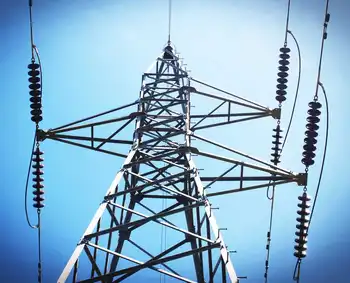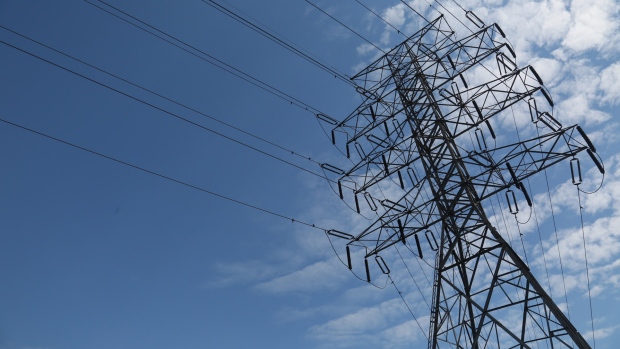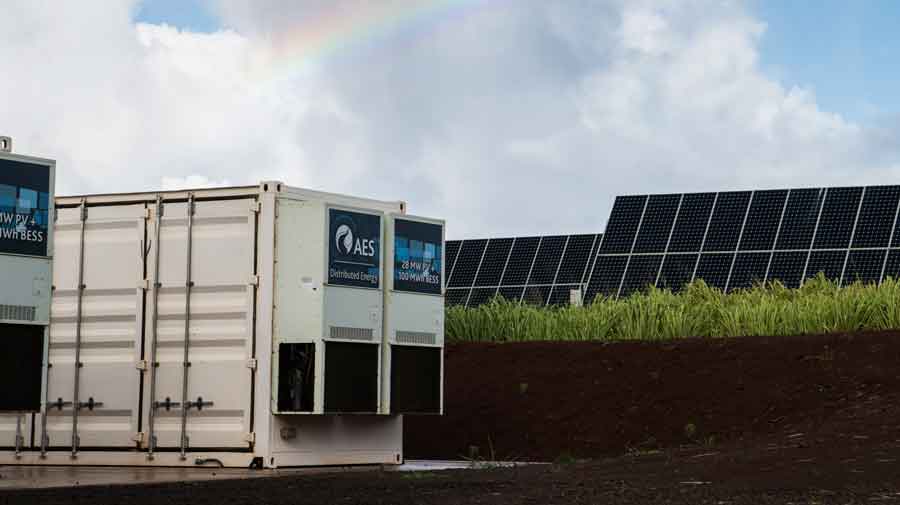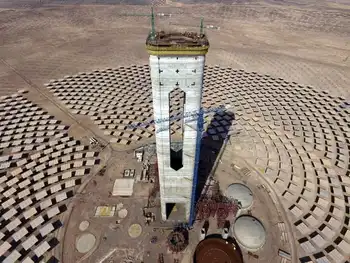Alberta's Last Coal Plant Closes, Embracing Clean Energy
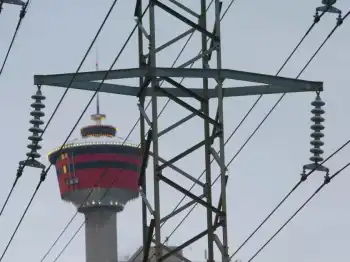
NFPA 70e Training
Our customized live online or in‑person group training can be delivered to your staff at your location.

- Live Online
- 6 hours Instructor-led
- Group Training Available
Alberta Coal Phase-Out signals a clean energy transition, replacing coal with natural gas and renewables, cutting greenhouse gas emissions, leveraging a carbon levy, and supporting workers in Alberta's evolving electricity market.
Key Points
Alberta Coal Phase-Out moves power from coal to lower-emission natural gas and renewables to reduce grid emissions.
✅ Last coal plant closed: Genesee Generating Station, Sept 30, 2023
✅ Shift to natural gas and renewables lowers emissions
✅ Carbon levy and incentives accelerated clean power build-out
The closure of the Genesee Generating Station on September 30, 2023, marked a significant milestone in Alberta's energy history, as the province moved to retire coal power by 2023 ahead of its 2030 provincial deadline. The Genesee, located near Calgary, was the province's last remaining coal-fired power plant. Its closure represents the culmination of a multi-year effort to transition Alberta's electricity sector away from coal and towards cleaner sources of energy.
For decades, coal was the backbone of Alberta's electricity grid. Coal-fired plants were reliable and relatively inexpensive to operate. However, coal also has a significant environmental impact. The burning of coal releases greenhouse gases, including carbon dioxide, a major contributor to climate change. Coal plants also produce air pollutants such as sulfur dioxide and nitrogen oxide, which can cause respiratory problems and acid rain, and in some regions electricity is projected to get dirtier as gas use expands.
In recognition of these environmental concerns, the Alberta government began to develop plans to phase out coal-fired power generation in the early 2000s. The government implemented a number of policies to encourage the shift from coal to cleaner energy such as natural gas and renewable energy. These policies included providing financial incentives for the construction of new natural gas plants and renewable energy facilities, as well as imposing a carbon levy on coal-fired generation.
The phase-out of coal was also driven by economic factors. The cost of natural gas has declined significantly in recent years, making it a more competitive fuel source for electricity generation as producers switch to gas under evolving market conditions. Additionally, the Alberta government faced increasing pressure from the federal government to reduce greenhouse gas emissions.
The transition away from coal has not been without its challenges. Coal mining and coal-fired power generation have long been important parts of Alberta's economy. The closure of coal plants has resulted in job losses in the affected communities. The government has implemented programs to help workers transition to new jobs in the clean energy sector.
Despite these challenges, the closure of the Genesee Generating Station is a positive development for Alberta's environment and climate. Coal-fired power generation is one of the largest sources of greenhouse gas emissions in Alberta, and recent wind generation outpacing coal underscores the sector's transformation. The closure of the Genesee is expected to result in a significant reduction in emissions, helping Alberta to meet its climate change targets.
The transition away from coal also presents opportunities for Alberta. The province has vast natural gas resources, which can be used to generate electricity with lower emissions than coal. Alberta is also well-positioned to develop renewable energy sources, such as wind power and solar power. These renewable energy sources can help to further reduce emissions and create new jobs in the clean energy sector.
The closure of the Genesee Generating Station is a significant milestone in Alberta's energy history. It represents the end of an era for coal-fired power generation in the province, a shift mirrored by the UK's last coal station going offline earlier this year. However, it also marks the beginning of a new era for Alberta's energy sector. By transitioning to cleaner sources of energy, Alberta can reduce its environmental impact and create a more sustainable energy future.






